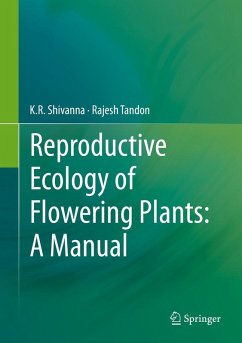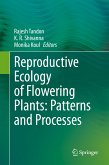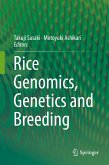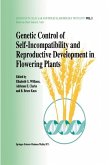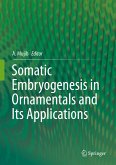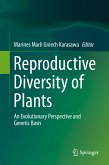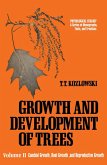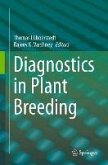Successful reproduction is the basis not only for the stability of the species in their natural habitat but also for productivity of our crop plants. Therefore, knowledge on reproductive ecology of wild and cultivated plants is important for effective management of our dwindling biodiversity and for the sustainability and improvement of the yield in crop species. Conservation and management of our plant diversity is going to be a major challenge in the coming decades, particularly in the tropical countries which are rich in biodiversity. Reproductive failure is the main driver for pushing a large number of tropical species to vulnerable category. Available data on reproductive ecology on tropical species is very limited and there is an urgent need to initiate research on these lines. A major limitation for the beginners to take up research is the absence of simple concise work manuals that provide step-wise procedures to study all aspects of reproductive ecology.
The Manual fills this void. Over 60 protocols described in the Manual cover the whole spectrum of reproductive ecology - study sites and species, phenology, floral morphology and sexuality, pollen and pistil biology, pollination ecology, breeding system, seed biology, seed dispersal and seedling recruitment. Each chapter gives a concise conceptual account of the topic before describing the protocols. The Manual caters to researchers, teachers and students who are interested in any aspect of reproductive ecology of flowering plants -- botanists, ecologists, agri-horticulturists, foresters, entomologists, plant breeders and conservation biologists.
Dieser Download kann aus rechtlichen Gründen nur mit Rechnungsadresse in A, B, BG, CY, CZ, D, DK, EW, E, FIN, F, GR, HR, H, IRL, I, LT, L, LR, M, NL, PL, P, R, S, SLO, SK ausgeliefert werden.

